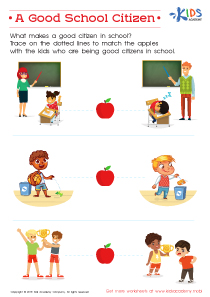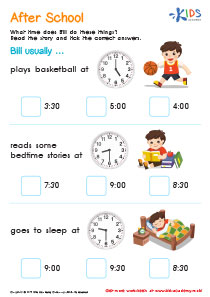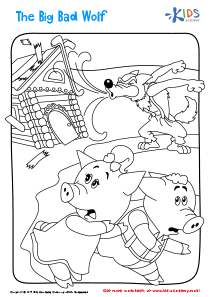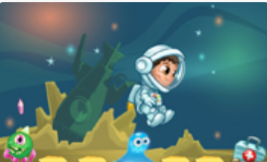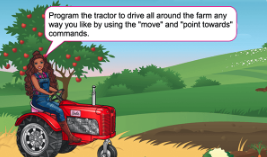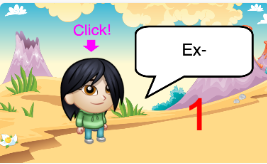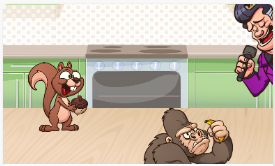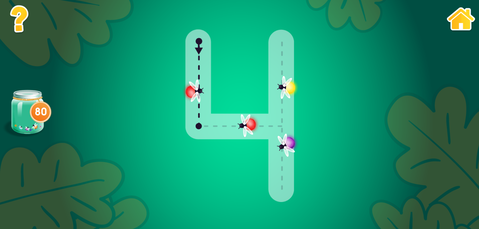Math Lessons | Matching and Sorting for Ages 5-6
7 results
Dive into the captivating world of Matching and Sorting for Ages 5-6! Designed specifically for young learners, our program offers a rich collection of interactive worksheets, engaging educational videos, and fun assessment quizzes. Children will explore the fundamental concepts of matching and sorting through playful activities that ignite curiosity and enhance critical thinking skills. Perfect for ages 5-6, our lessons seamlessly blend learning with entertainment, ensuring that your child masters these essential skills while enjoying every step of the journey. Join us and watch your little one blossom into a sorting and matching expert!
In the foundational years of a child's education, instilling the right skills is pivotal for their cognitive development and academic success. Among these essential skills, Matching and Sorting stand out for their crucial role in enhancing a child's analytical and logical abilities. Our lessons on Matching and Sorting for Ages 5-6 offer a comprehensive learning experience tailored to the developmental needs of young learners.
These lessons are meticulously designed to captivate children's interest while fostering a deep understanding of the concepts of matching and sorting. Through a blend of interactive worksheets, educational videos, and assessment quizzes, children are engaged in a variety of learning modalities that cater to different learning styles. This multimodal approach not only keeps learning exciting but also ensures that every child has the opportunity to grasp these fundamental concepts in a way that resonates with them.
Interactive Worksheets: The interactive worksheets are a cornerstone of our lessons on Matching and Sorting for Ages 5-6. These worksheets are not just about identifying similarities or differences but are crafted to stimulate critical thinking and problem-solving skills. Children learn to categorize objects based on various attributes such as shape, size, color, or function. This hands-on activity enhances their observational skills and encourages them to pay attention to detail, a skill that is beneficial across all areas of study.
Educational Videos: To complement the interactive worksheets, our educational videos bring the concepts of matching and sorting to life. These videos are designed to be both informative and entertaining, capturing the children's attention and making the learning process enjoyable. Through storytelling and vivid animations, children can see real-world applications of matching and sorting, enhancing their understanding and retention of the concepts.
Assessment Quizzes: To gauge the children's comprehension and progress, our lessons include assessment quizzes. These quizzes are crafted to be child-friendly and engaging, providing instant feedback that is essential for reinforcing learning. The quizzes also serve as a valuable tool for parents and educators to identify areas where a child might need additional support, ensuring that every child can move forward with confidence.
The skills acquired through our Matching and Sorting lessons for Ages 5-6 lay a solid foundation for academic success. These skills are not confined to the realm of early mathematics but extend across the curriculum. From reading and understanding patterns in literacy to observing and classifying objects in science, the ability to match and sort is intertwined with various aspects of learning. Moreover, these skills cultivate a structured way of thinking, helping children to organize their thoughts and solve problems more effectively.
In conclusion, our lessons on Matching and Sorting for Ages 5-6 are more than just an introduction to basic mathematical concepts. They are a gateway to developing critical cognitive skills that will serve children well throughout their academic journey and beyond. By engaging in these lessons, children are not only preparing for the immediate challenges of their studies but are also building a foundation for lifelong learning and problem-solving.

